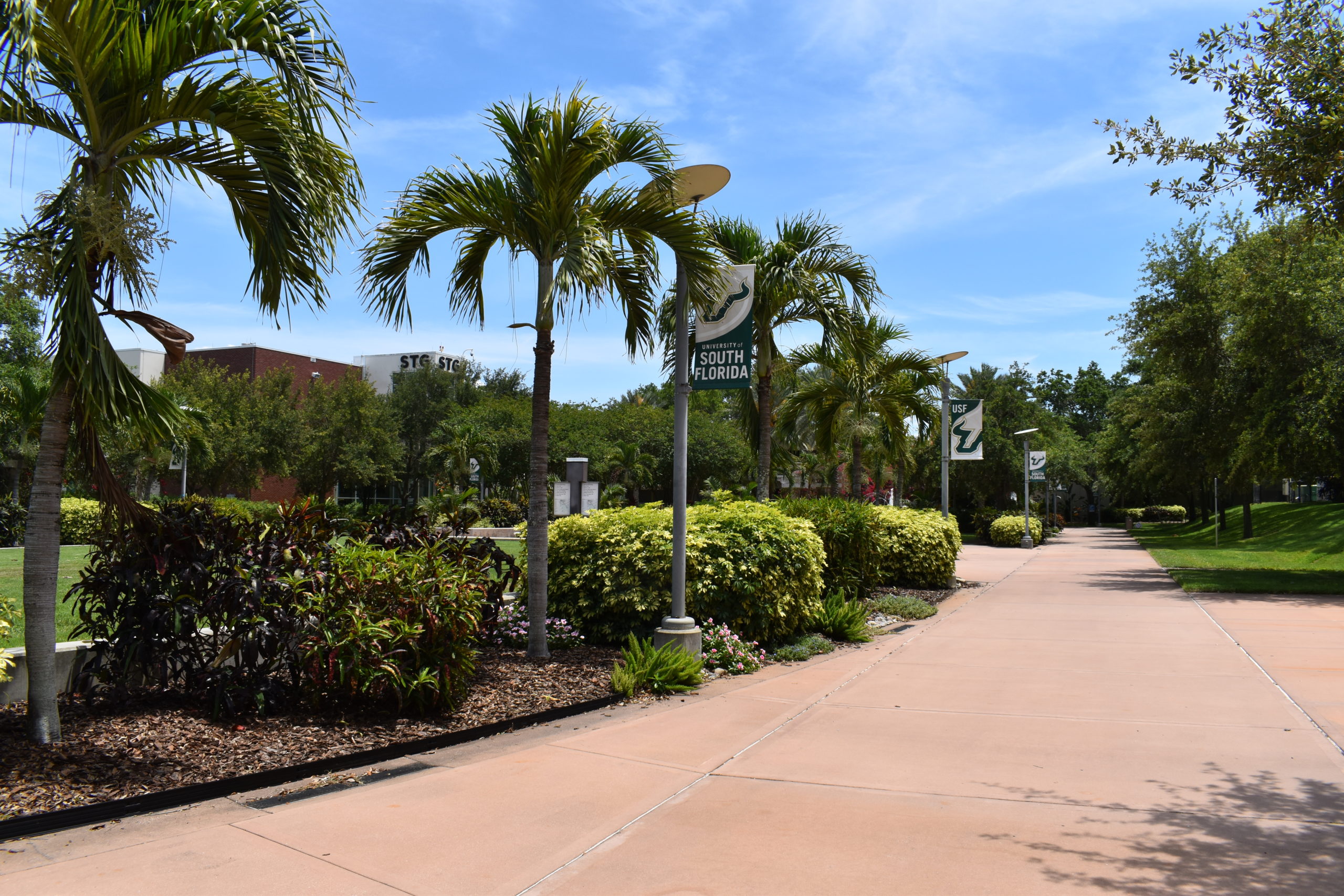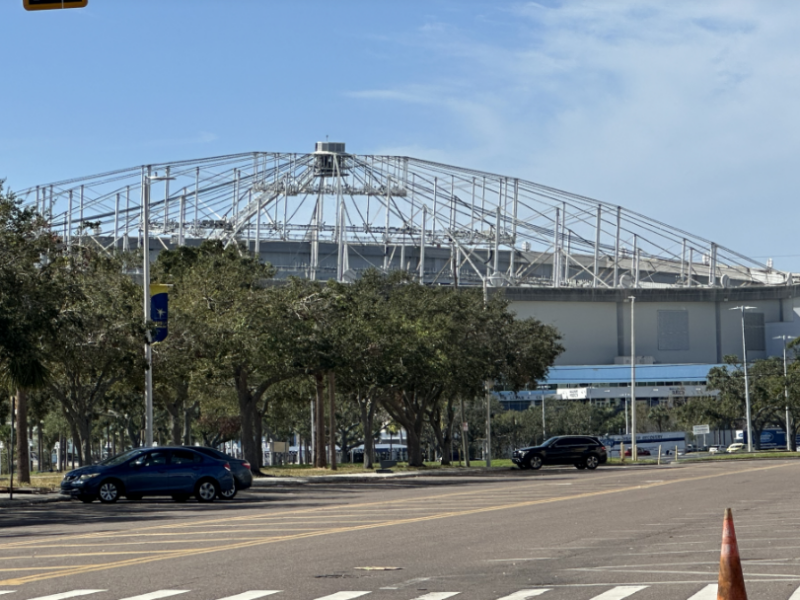Photo by Annalise Anderson | The Crow’s Nest
By Mahika Kukday
Class registration season for the Spring 2024 semester ended on Nov. 15, and students enrolled at University of South Florida St. Petersburg expressed concerns regarding the increasingly stressful process. The 2-week window from Oct. 30 to Nov. 15 was a frustrating time for students as they reported having to make difficult trade-offs between convenience, travel-time, instructional methods and more.
Ayslin Edwards is a senior at USF St. Petersburg, with a double major in Environmental Science and Policy and World Languages and Culture. “I know a really big problem is people not being able to get spots for a class they need, but there’s only one section so it fills up really quickly,” she said regarding the race to register for core classes.
According to Edwards, students have been much more vocal about issues with class registration this year. Although she acknowledges that it may just seem so because of the people she talks to, Edwards maintains that USF St. Petersburg students have faced an especially inconvenient registration season this semester.
“Another issue I have heard about, even in previous years, is Oasis just crashing which can be so stressful especially if you don’t have priority registration,” Edwards said. As an honors student, Edwards received the priority registration slot of Oct. 30 at 9 a.m.
As a result, she said that her own registration experience was extremely easy. What wasn’t nearly as convenient, however, was the process of booking appointments with Edwards’ academic advisors.
“I was only able to get an appointment with my Environmental Science advisor because I monitored the website constantly and waited for availability,” said the honors student. She was unable to meet with her other advisors even after she registered.
While this was not the case for Edwards, for many students, meeting with an academic advisor prior to class registration is mandatory. For example, freshmen have an academic advising hold that must be removed by an advisor before the student is able to register.
International students have reported further restrictions. Majo Solis, a Mass Communications and Multimedia Journalism major, is a sophomore at USF St. Petersburg. She is also an international student from Peru.
“I had to take my first major-related classes, and they were only available online for the St. Pete campus,” she said. Not only did Solis say she would have preferred to take her first journalism classes in person, but she was also bound by the fact that international students may only take 3 credits online per semester.
Furthermore, according to the USF World website, “Students must be enrolled in the majority of their classes at the USF campus listed on their SEVIS I-20.”
Solis recalled seeing all her desired classes available on USF’s Tampa campus, but due to the restrictions mentioned above for F-1 visa holders, she had to settle for class timings and instructional methods that were not her original preference.
Solis said that the registration process was easy with three semesters of experience, but she didn’t have many options regarding class hours. “It was stressful finding out that I have to take 4 of my 5 classes on the same day, with no more than fifteen-minute breaks in between them.”
Aligning with Solis’ experience, Edwards mentioned hearing complaints from multiple students about feeling obligated to travel to USF Tampa to take classes. “I’m lucky enough to have a car but there are a lot of people who don’t, and I’ve heard from them that it is a hassle to try to get all their classes on the St. Pete campus.”
According to Alexa Matos, a USF St. Petersburg senator for Student Government, students reported feelings of inferiority and frustration towards the Tampa campus at the Senate Townhall conducted at USF St. Petersburg on Nov. 8. “For every three complaints about class registration and cross-campus transportation, there was probably one other complaint,” she said.
“They felt like almost second-class citizens, compared to their Tampa campus counterparts,” Matos said, as students expressed the desire to access the same opportunities without needing to own a car.



